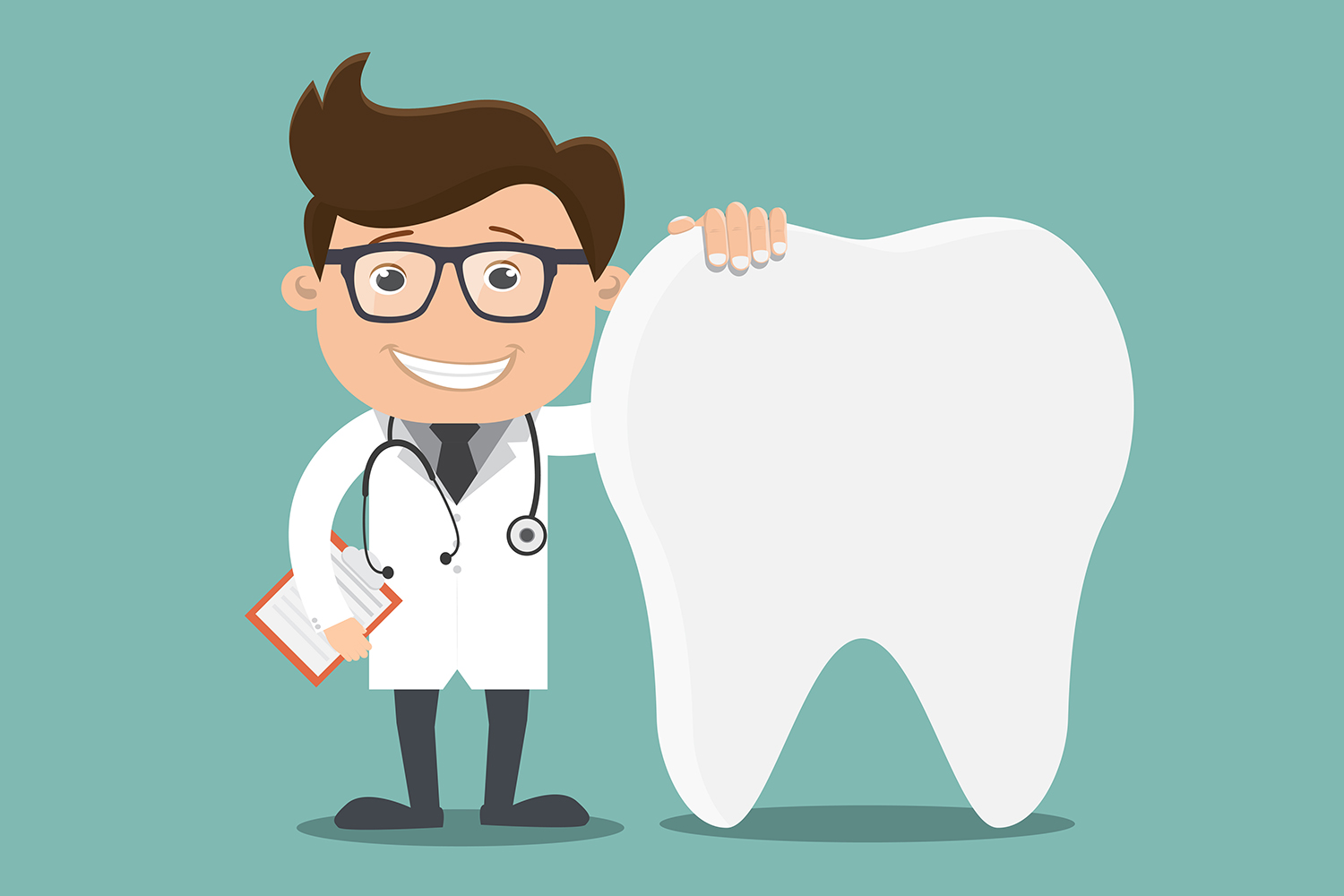The Benefits of Regular Visits to a Dentist Eugene Oregon
The Benefits of Regular Visits to a Dentist Eugene Oregon
Blog Article
Find Out About Constant Oral Problems Your Dental Professional Can Solve
Understanding frequent oral problems is essential for maintaining optimal oral health. Issues such as cavities, gum tissue condition, tooth level of sensitivity, foul-smelling breath, and dental caries prevail yet typically forgotten until they end up being serious. Dental experts have the competence to identify and deal with these problems, thereby avoiding more difficulties. Regular dental check outs and individualized care strategies can address these troubles effectively, making certain a much healthier and brighter smile. What particular treatments do dentists use to deal with these problems, and exactly how can early treatment make a difference? The solutions to these questions use valuable insights right into protecting your dental health and wellness.
Tooth Cavities
Cavities, additionally called dental caries, are a common oral wellness problem triggered by the demineralization of tooth enamel as a result of acid production from microbial plaque. This process starts when germs in the mouth metabolize sugars and starches from food, producing acids that deteriorate the enamel. If not resolved quickly, this disintegration can permeate much deeper into the tooth, influencing the dentin and eventually the pulp, potentially causing severe pain and infection.
The onset of cavity development typically existing as white spots on the tooth surface area, indicating preliminary demineralization. As the procedure progresses, these places can turn into black or brown lesions, indicating much more considerable decay. Normal oral examinations are crucial for early discovery, as cavities in their inceptive phases can be treated with remineralization techniques, such as fluoride treatments.
As soon as a cavity has created, restorative intervention is essential. Dental practitioners normally remove the decayed part of the tooth and load the cavity with products such as composite material, amalgam, or ceramic. In more severe situations, a crown or origin canal treatment may be required. Safety nets, including great oral hygiene methods and nutritional alterations, play a pivotal role in reducing the risk of tooth cavities.
Periodontal Condition
While tooth cavities represent a considerable problem for dental health, an additional essential problem that requires attention is gum tissue condition. Also referred to as gum illness, periodontal illness is an inflammatory problem impacting the tissues bordering and supporting the teeth. It is mostly triggered by the accumulation of plaque-- a sticky movie of bacteria that bases on teeth.
Periodontal disease proceeds with stages, starting with gingivitis, defined by redness, swelling, and hemorrhaging gums (dentist eugene oregon). If left untreated, gingivitis can rise to periodontitis, where the inner layer of the periodontal and bone draw away from the teeth, developing pockets that end up being contaminated. Over time, the contaminants produced by the microorganisms break down the bone and connective cells that hold teeth in location, possibly causing missing teeth
Early discovery and treatment are critical. Expert oral cleanings and enhanced dental hygiene methods, such as cleaning twice everyday and flossing, can manage gingivitis. For more innovative stages, treatments might include scaling and root planing, anti-biotics, and even surgical treatments.
Routine oral exams play a critical function in managing and stopping gum tissue disease. Dentists can identify early signs and recommend ideal interventions, ensuring the maintenance of healthy and balanced gum tissues and general dental wellness.
Tooth Level Of Sensitivity
Tooth level of sensitivity affects millions of individuals worldwide, providing an usual yet commonly stressful dental problem. This problem occurs when the enamel, the outer protective layer of the teeth, is jeopardized, exposing the underlying dentin.
A number of factors add to enamel disintegration and succeeding tooth level of sensitivity, consisting of hostile brushing, acidic foods and beverages, gum recession, and bruxism (teeth grinding) In addition, dental procedures such as teeth bleaching can temporarily increase level of sensitivity.
Negative Breath
One more prevalent dental worry that influences people' daily lives is negative breath, clinically termed halitosis. Halitosis commonly stems from inadequate oral hygiene, which permits food fragments to remain in the mouth, promoting microbial growth.

Recommendations might include enhancing dental hygiene techniques, such as normal cleaning and flossing, utilizing antibacterial mouthwashes, staying moisturized, and sites addressing any kind of dental concerns. Effective monitoring of halitosis not just boosts dental health however also substantially enhances quality of life.
Tooth Degeneration

Avoiding tooth decay entails a combination of good dental health practices and routine dental check-ups. Brushing teeth a minimum of twice daily with fluoride tooth paste, flossing to get rid of plaque in between teeth, and limiting the intake of sweet foods and drinks are crucial preventative measures. Fluoride treatments, dental sealants, and specialist cleansings supplied by a dentist can additionally play a substantial duty in strengthening enamel and avoiding decay.
When dental cavity happens, very early intervention is crucial. Dental experts can eliminate decayed tissue and bring back the tooth with dental fillings made from materials such as composite material, amalgam, or porcelain. In more advanced instances, therapies like crowns, root canals, or removals might be necessary. By addressing dental cavity promptly, dental experts aid maintain oral framework and feature, making certain long-lasting oral health.
Final Thought
Addressing usual oral issues such as tooth cavities, periodontal condition, tooth sensitivity, halitosis, and dental cavity is essential for keeping optimal oral health and wellness and total wellness. Dental practitioners possess the know-how to identify and deal with these concerns efficiently, making sure customized treatment for each individual. Routine preventive actions and dental examinations are crucial in determining and managing these concerns early, advertising a much healthier and much more certain smile over a life time.

Tooth degeneration, also recognized as dental caries, happens when the enamel, the outer layer of the tooth, article source is eroded by acids generated by microorganisms in the mouth. Brushing teeth at the very least two times daily with fluoride tooth paste, flossing to eliminate plaque between teeth, and restricting the intake of sweet foods and drinks are important precautionary measures.Attending to usual oral issues such as dental caries, gum condition, tooth level of sensitivity, negative breath, and tooth degeneration is important for maintaining optimum dental health and total health.
Report this page